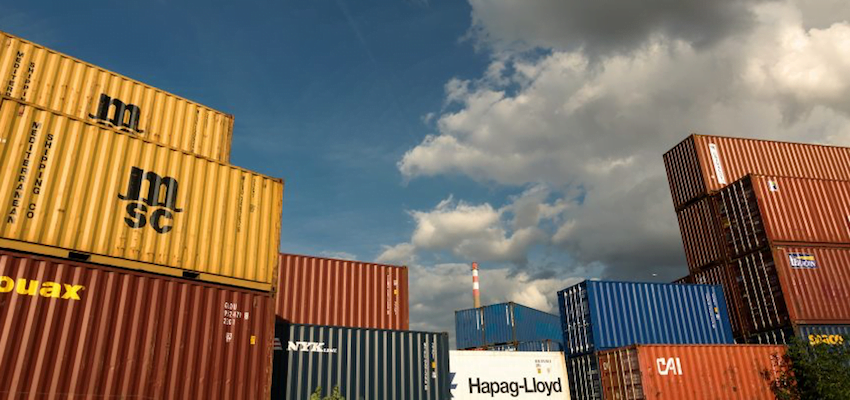IN ORDER to comply with new mandatory reporting requirements for Less Than Container Load/Freight of All Kinds ( LCL/FAK ) containers, it will be necessary from some in the import and shipping industries to register as Master Consolidators before the 2019-20 brown marmorated stink bug season.
Master Consolidators are required to register with the Department of Agriculture and be allocated with an individual identification number to be used with all declarations for the LCL/FAK process during the BMSB risk season.
This relates to master consolidators, freight forwarders, importers, customs brokers, Biosecurity Industry Participants, port operators and stevedores associated with importing goods that require increased biosecurity intervention during the 2019-20 BMSB risk season.
To assist the onshore management of LCL/FAK containers, including enabling the timely movement of containers on arrival from the wharf, Master Consolidators will be required to provide a Master Consolidator declaration no less than five business days prior to the first port of arrival in Australia. Where a voyage duration is less than five business days, Master Consolidators are encouraged to provide a declaration within 24 hours of embarkation.
Master consolidators must register to receive a MC ID number from the department, as they will not be able to lodge LCL/FAK declarations without the MC ID number. Failure to report in time or meet the required declaration criteria including MC ID number may result in goods being subject to delays including having containers held at the wharf pending permission to move.
To register for a MC ID number, Master Consolidator’s are required to complete and return the MC ID registration form to the department. Registration details can be found on the BMSB webpage.
In preparation for the 2019-20 BMSB season, the department will be hosting Industry information workshops in Melbourne on 5 August and in Sydney on 6 August for those involved with importing or handling LCL/FAK consignments that require increased intervention during the 2019-20 BMSB risk season.

